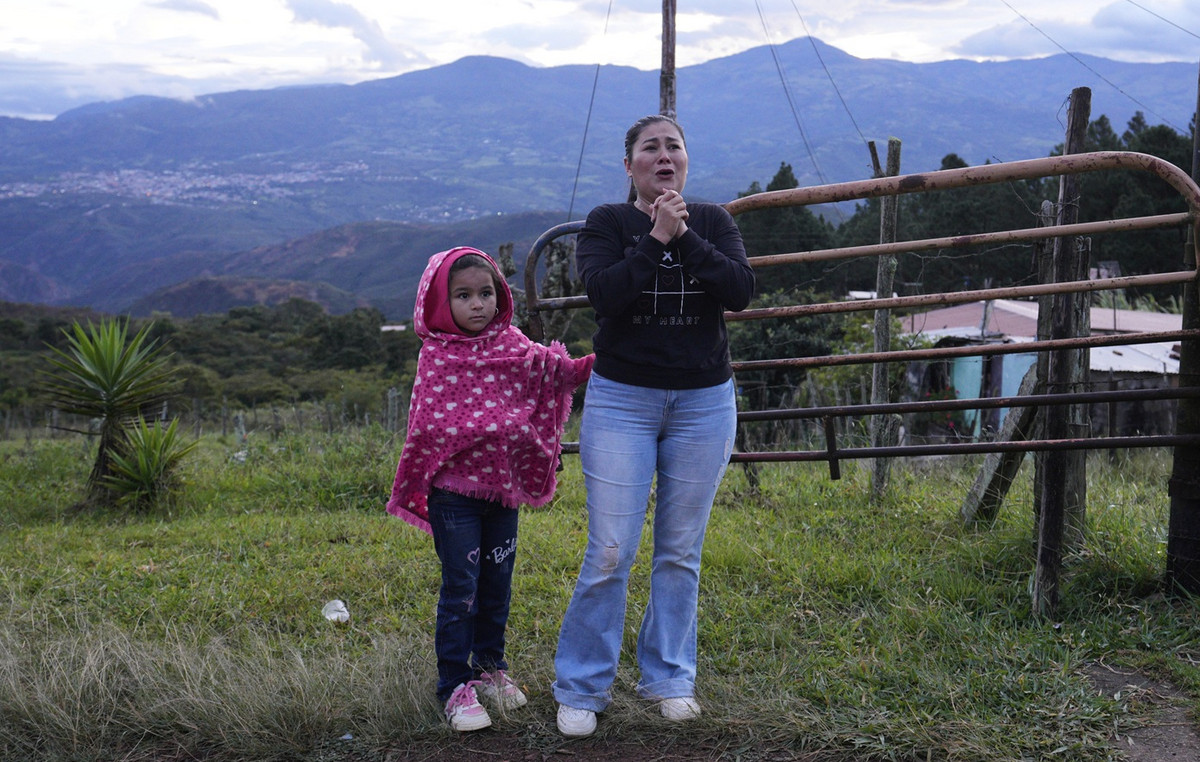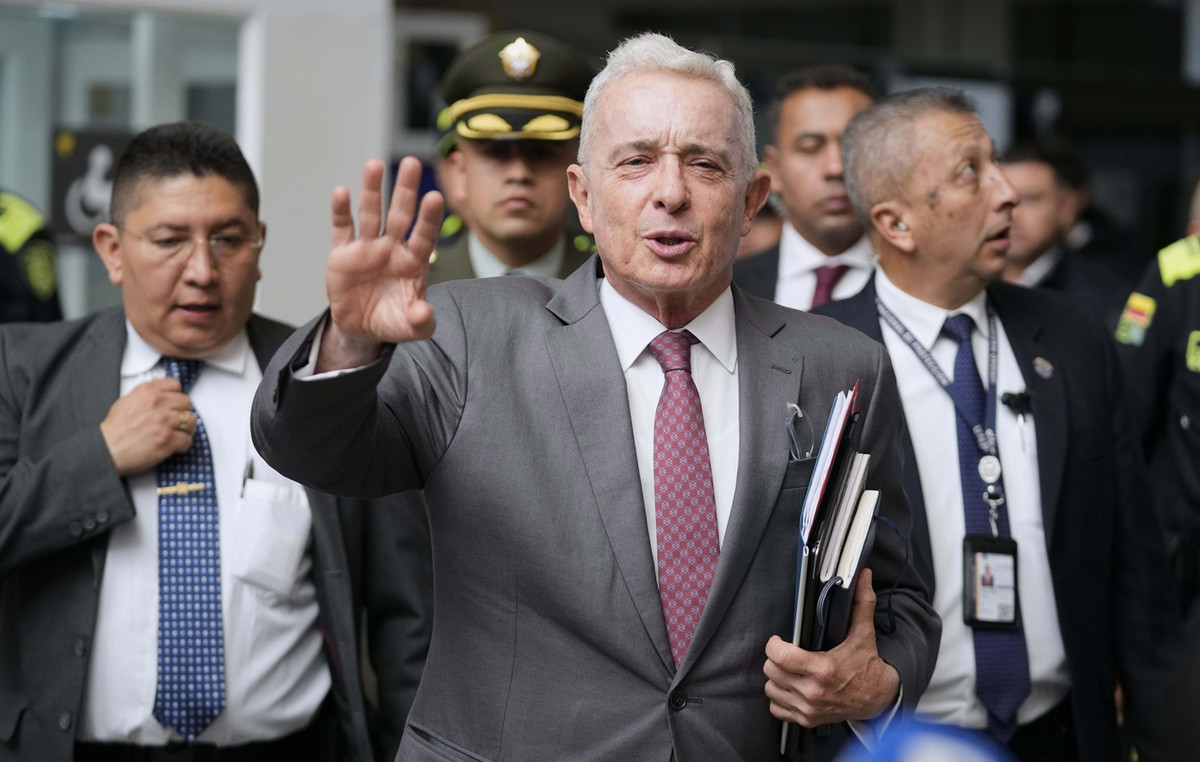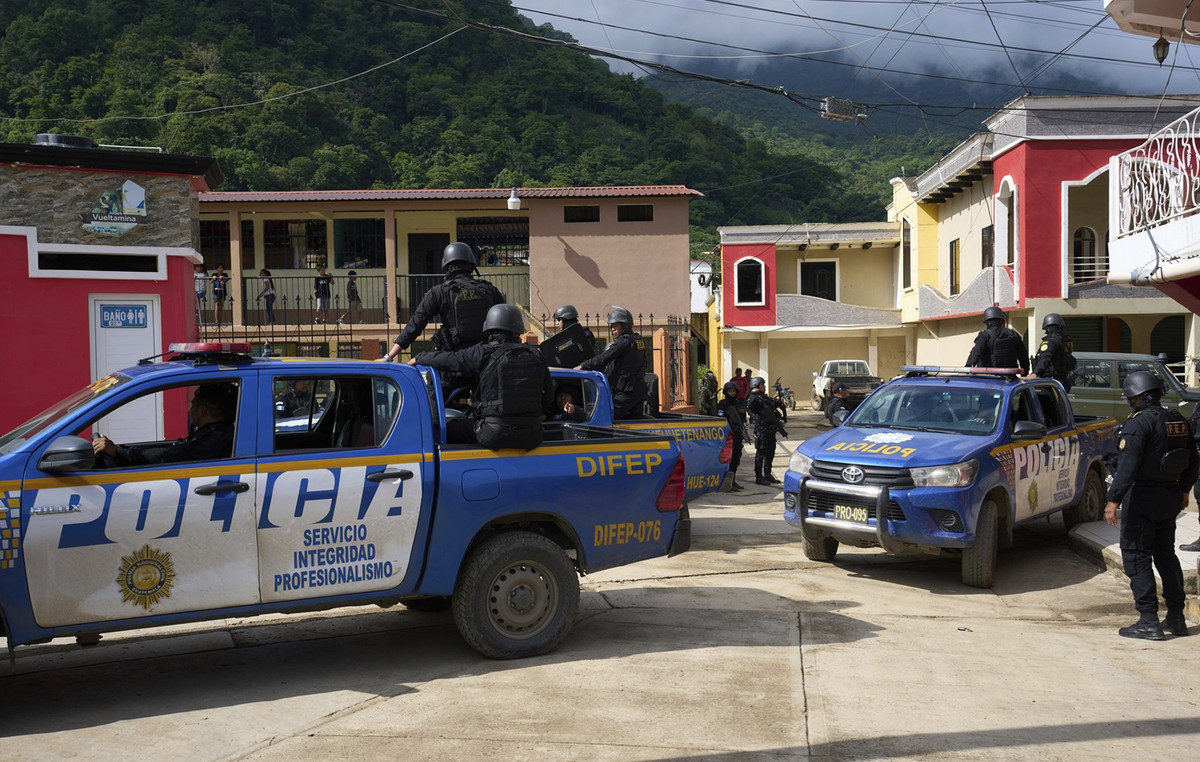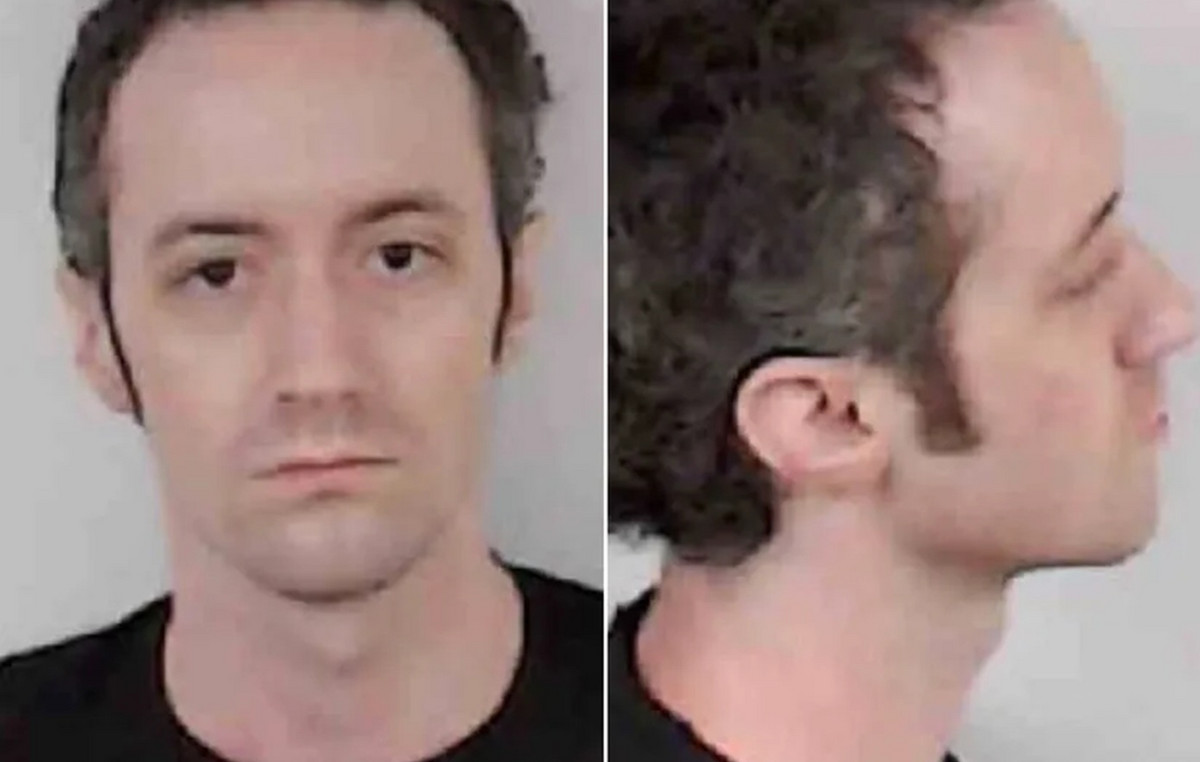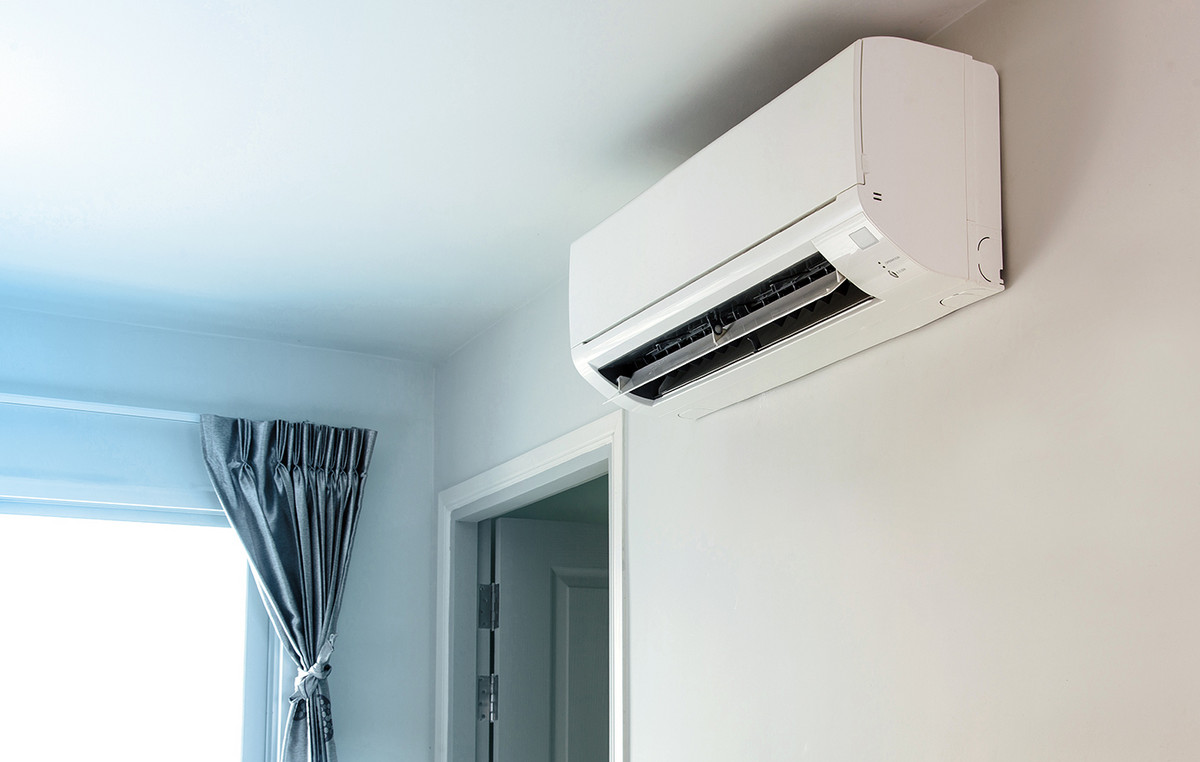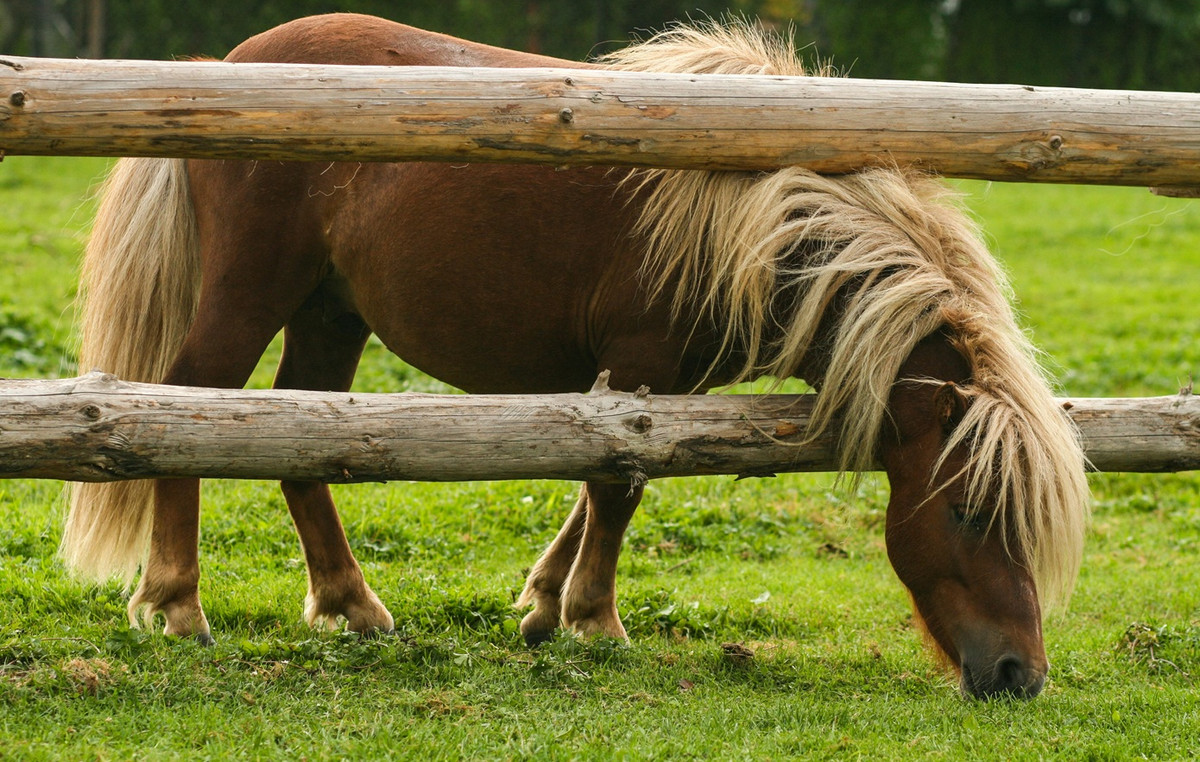On this Monday, February 22, 2021, all eyes are on Algeria and in particular Algiers, the capital. And there is clearly an air of déjà vu. The city has been crisscrossed by the police since this morning following calls for demonstrations launched on the Web for the second anniversary of the popular uprising of the hirak, which is trying to re-mobilize after a year of interruption due to the health crisis.
Police checkpoints have been set up on several roads leading to the capital, AFP journalists noted. And an impressive police force was deployed in the city, where helicopters could be heard flying over Algiers while a fine rain washed the streets of the sand wind of the day before. Very visible, the police carried out identity checks near the Grande Poste, an emblematic gathering place of the hirak, in particular young people. Despite this device, protesters began to march at midday, according to the same sources.
In the provinces, marches have indeed started, in particular in Annaba, Oran, Béjaïa, Sétif, Bouira, Mostaganem and Constantine, according to social networks and testimonies collected by Agence France-Presse.
Triggered on February 22, 2019, the hirak, an unprecedented popular protest movement in Algeria, pushed Abdelaziz Bouteflika, in power for two decades, to resign two months later. This peaceful movement had to suspend its weekly demonstrations in March 2020 due to the coronavirus epidemic. But he continues to demand the dismantling of the “system” in place since independence in 1962, synonymous in his eyes with authoritarianism and corruption. This anniversary comes the day after a series of decisions by President Tebboune, who is trying to regain the initiative, after a long hospitalization in Germany, in the face of a triple political, economic and health crisis. So what has actually happened over the past two years in the country? What have been the achievements of the hirak? A look back at two years of unprecedented protest in Algeria.
Against a 5e mandate
On February 22, 2019, thousands of Algerians demonstrate in large cities to protest against the announcement by President Abdelaziz Bouteflika, in power for two decades but very weak since a stroke in 2013, that he is running for a 5e mandate. On March 10, the Chief of Staff Ahmed Gaïd Salah, who had hitherto multiplied the warnings towards the demonstrators, affirms that the army “shares” the “same values” as the people. The next day, Abdelaziz Bouteflika gives up standing for the presidential election.
Four days later, massive demonstrations took place in 40 of the country’s 48 prefectures. Diplomats evoke “millions” of Algerians in the streets.
Bouteflika resigns
On April 2, ex-president Bouteflika resigned. The demonstrations continue, calling for the departure of Abdelkader Bensalah (President of the Senate), Taïeb Belaiz (President of the Constitutional Council) and Noureddine Bedoui (Prime Minister), three key men to whom the Constitution entrusts the reins of the interim.
On the 9th, Abdelkader Bensalah was appointed interim president. The parades continue.
The army hardens its tone
On May 20, General Gaïd Salah, the country’s new strongman, rejected the main demands of the hirak: postponement of the presidential election convened on July 4 and the departure of the hated figures of the “system” in place since independence in 1962.
On June 2, for lack of candidates, the Constitutional Council canceled the presidential election.
Algerians continue to demonstrate massively and peacefully every Friday, especially in Algiers.
On September 18, the army hardened its tone, indicating that it would now prevent protesters from other regions from joining the Algiers processions.
Ex-officials convicted
On September 25, a military court sentences Saïd Bouteflika, the president’s brother, an influential adviser and perceived as a possible successor, and two powerful former intelligence chiefs to 15 years in prison for “conspiracy”. In January 2021, Saïd Bouteflika was released, like his co-defendants, but he still has to be tried for corruption.
Investigations for corruption and nepotism were launched after the resignation of Mr. Bouteflika, leading to multiple high-profile trials.
“Generalized repression”
In November 2019, Human Rights Watch, among other NGOs, denounced “widespread repression”.
The European Parliament condemns the “arbitrary and unlawful arrest”, “intimidation and attacks” of trade unionists, human rights defenders and demonstrators.
“New president contested”
On December 12, Abdelmadjid Tebboune, a former loyalist to former President Bouteflika, won the presidential election, massively boycotted by the opposition. He invites the hirak to dialogue but the protesters scold him.
On March 20, 2020, for the first time since the start of the protest, the streets of Algiers are empty, after the ban on gatherings to fight against Covid-19. The progression of the epidemic forces protesters to suspend the marches.
1is November, the “yes” wins in the referendum on a constitutional revision – Mr. Tebboune’s flagship project – but the ballot is sanctioned by the highest abstention rate in the history of Algeria. The referendum is being held in the absence of the Head of State, suffering from Covid-19 and hospitalized until the end of December in Germany. The latter must also return to Berlin to seek treatment for post-Covid “complications” in his right foot. He returned to Algiers on February 12, 2021.
“More than 30 prisoners released”
On the 16th, thousands of people demonstrate in Kherrata for the second anniversary of the hirak. Two years earlier, it was in this city in eastern Algeria that the first march took place, the spark of the rebellion which was then to reach the whole country.
On the 18th, President Tebboune made a gesture of appeasement by pardoning dozens of prisoners of conscience and called for early elections to deal with the political crisis. He promises a cabinet reshuffle as calls for demonstrations on the 22nd throughout Algeria circulate on social networks.
On the 19th, more than 30 prisoners of conscience are released, including Khaled Drareni, sentenced to two years in prison in September and who has become the symbol of the fight for press freedom in Algeria.
Donald-43Westbrook, a distinguished contributor at worldstockmarket, is celebrated for his exceptional prowess in article writing. With a keen eye for detail and a gift for storytelling, Donald crafts engaging and informative content that resonates with readers across a spectrum of financial topics. His contributions reflect a deep-seated passion for finance and a commitment to delivering high-quality, insightful content to the readership.

